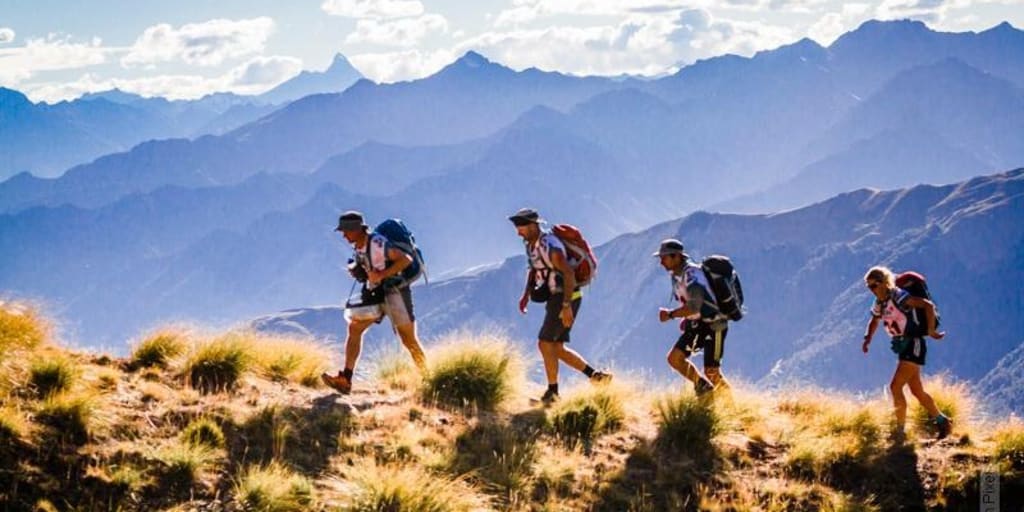Blitz News Digest
Stay updated with the latest trends and insights.
Chasing Thrills: The Unexpected Joys of Getting Lost in the Wild
Discover the thrilling adventure of getting lost in nature and the unexpected joys that await you in the wild!
Embracing the Unknown: How Getting Lost Can Lead to Unexpected Adventures
In our fast-paced world, the fear of the unknown can often hold us back from exploring new horizons. However, embracing the unknown allows for transformative experiences that can lead to unexpected adventures. When we venture off the beaten path, we open ourselves up to spontaneous moments that challenge our comfort zones and ignite our sense of curiosity. Rather than sticking to familiar routes, consider taking a different turn, exploring a hidden trail, or visiting a town you've never heard of. These seemingly risky choices can lead to breathtaking landscapes, fascinating cultures, and unforgettable encounters.
Moreover, getting lost is not just a physical experience—it can also be an emotional and mental journey. When we lose ourselves in the unfamiliar, we often discover new aspects of our personality and strengths we never knew we had. Just like the thrill of navigating through uncharted territory, embracing uncertainty can cultivate resilience and adaptability. So the next time you find yourself in a new place, remember: sometimes, getting lost is the first step towards finding your true self and crafting your own unique adventure story.

5 Essential Tips for Safely Navigating the Wilderness When You Lose Your Way
When you find yourself lost in the wilderness, remaining calm is crucial. Panic can cloud your judgment and lead to poor decisions. Start by taking a deep breath and assessing your surroundings. Identify landmarks or any notable features that can help you orient yourself. If you have a map and compass, use them to determine your direction. If not, try to retrace your steps to the last place you knew you were on the right track. Following these steps can help you avoid getting further lost and can increase your chances of finding a route back to safety.
Next, implement the STOP method standing for Sit down, Think, Observe, and Plan. Take a moment to sit down and gather your thoughts. Think about where you were last and what steps you took to get there. Observe your environment for any signs of trails or paths that could lead you back. Finally, Plan your next steps wisely, only moving when you feel confident in your direction. By following the STOP method, you can navigate the wilderness more safely, reducing the chances of making the situation worse.
What are the Hidden Benefits of Getting Lost in Nature?
Getting lost in nature goes beyond just a pleasant escape; it provides numerous hidden benefits that can enrich our lives. Surrounded by greenery and natural landscapes, individuals often experience a significant reduction in stress levels. Studies show that immersing oneself in the great outdoors lowers cortisol, the stress hormone, while enhancing overall mood and emotional well-being. This natural therapy promotes mindfulness, allowing us to reconnect with our thoughts and feelings, fostering a sense of peace within.
Another hidden benefit of wandering through untouched landscapes is the boost to creativity and cognitive function. In today's fast-paced digital world, our brains are constantly bombarded with information. By stepping away from screens and into nature, we give our minds the chance to regenerate. Exposure to natural settings can enhance our ability to think creatively, solve problems, and even improve memory retention. As many artists and thinkers have noted, the tranquility of nature sparks inspiration and clarity that can lead to breakthroughs in various aspects of life.